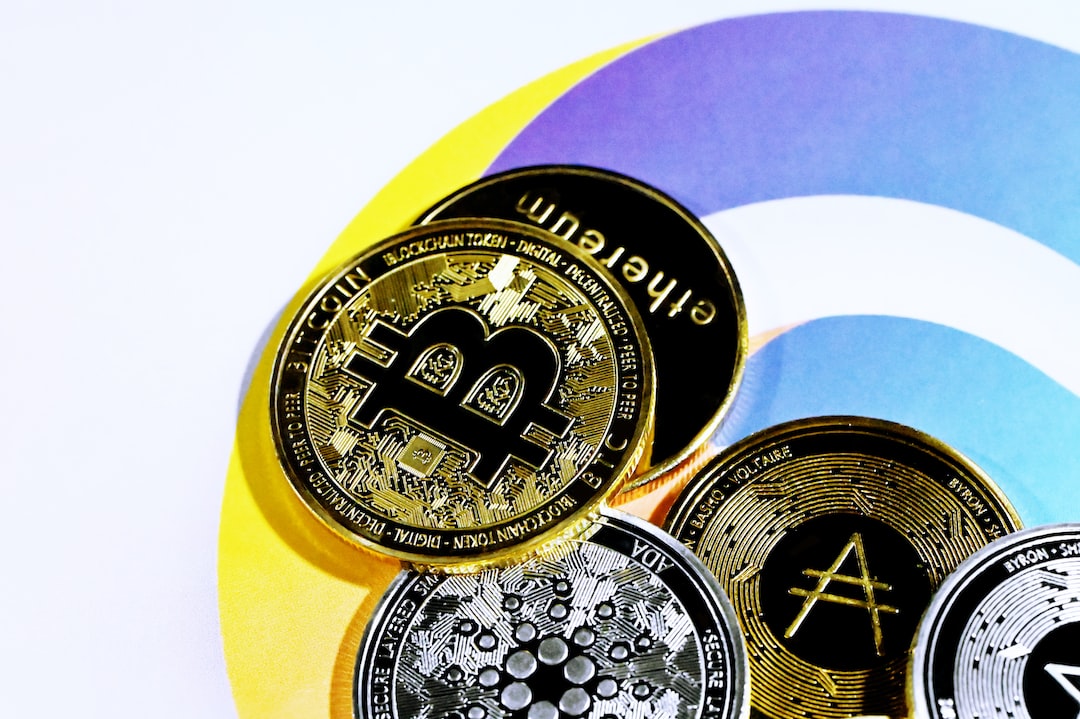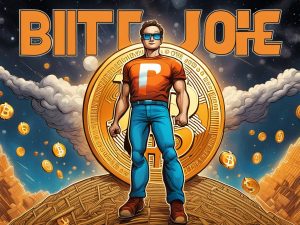Stablecoin Issuer Circle Argues That Stablecoins Are Not Securities
Circle, the issuer of USD Coin (USDC), has stated in a court document that stablecoins pegged to sovereign currencies like the US dollar should not be considered securities. The document was filed as an amicus brief in the Securities and Exchange Commission’s (SEC) lawsuit against Binance. Circle, which is behind the second-largest stablecoin by market cap, believes that the outcome of the SEC’s lawsuit could have significant implications for stablecoins as a whole.
The SEC sued Binance in June, accusing the exchange and its CEO of operating illegally in the US and misusing customer funds. The SEC also highlighted Binance USD (BUSD), a stablecoin issued by Paxos, as an unregistered security. Circle argues that payment stablecoins do not meet the criteria for being classified as securities because they are redeemable at a constant value and do not offer an expectation of profits.
The SEC’s Allegations Against BUSD
In its complaint, the SEC focused on how Binance marketed BUSD as an investment that could generate returns based on an annual percentage yield. Circle’s attorneys argue that nowhere in the complaint does the SEC claim that stablecoins alone are securities; instead, they allege that Binance took additional steps to turn BUSD sales into investment contracts.
Circle also emphasizes that stablecoins primarily serve as payment vehicles and do not resemble financial instruments typically considered securities. The company highlights their utility, stating that people do not use stock certificates to buy goods or services.
Regulatory Debate on Stablecoins
The regulatory status of stablecoins has been a subject of debate among lawmakers and regulatory authorities. While some officials have suggested that stablecoins should be regulated like commodities or bank deposits, others, including SEC Chair Gary Gensler, have expressed concerns about their potential risks and likened them to poker chips. Circle’s opinion comes at a time when lawmakers are considering potential regulations for stablecoins.
Binance’s History with USDC
In September of last year, Binance announced that it would stop supporting USDC on its platform and convert customers’ deposits of the token to BUSD. This move also affected other stablecoins on the platform. However, users were still able to withdraw funds in their stablecoin of choice. Binance has since started accepting USDC deposits on Ethereum scaling solutions Arbitrum and Optimism.
Currently, Binance is the leading venue for trading USDC, with close to $380 million USDC traded on the exchange in the past day.
Hot Take: The Future of Stablecoin Regulation
As lawmakers continue to explore potential regulations for stablecoins, the outcome of the SEC’s lawsuit against Binance could have far-reaching implications. Circle’s argument that stablecoins should not be considered securities challenges the SEC’s position and highlights the unique nature of these digital assets as payment vehicles. The debate over how to regulate stablecoins will likely intensify in the coming months as regulators grapple with striking a balance between investor protection and fostering innovation in the crypto industry.





 By
By
 By
By
 By
By

 By
By